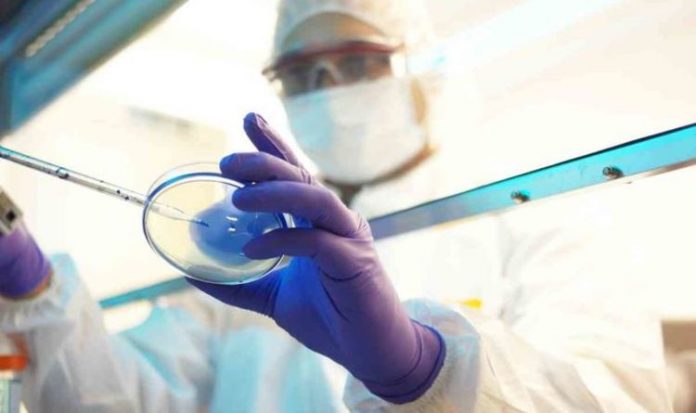Moscow came under fire for rushing through and registering its first vaccine in early August with critics fearing the move was political. At the time President Putin said one of his daughters had taken the first vaccine with no ill-effects. However it has since emerged the vaccine dubbed Sputnik V led to a number of side effects such as physical weakness, malaise, fever, decreased appetite, headaches, diarrhoea, pain in the oropharynx, nasal congestion and a sore throat.
This first vaccine did not receive third stage clinical trials.
Across the globe there is competition to see which country can be the first to produce a vaccine that will pull the world out of the coronavirus crisis.
The second vaccine is named EpiVacCorona and trials are set to be completed by September.
Russia hopes to get the vaccine registered by October and in general production by November.
The volunteers who have been injected with the vaccine have been hospitalised for 23 days as they undergo tests.
Russia’s health watchdog Rospotrebnadzor stated: “All inoculated volunteers are feeling well.
“To date, the first vaccination was administered to 57 volunteers, while 43 received a placebo.”
The research facility that is said to be creating the vaccine is called the Vector State Research Centre of Virology and Biotechnology which was set up during the Cold War by Soviet leader Leonid Brezhnev.
READ MORE: UK warned Putin’s hypersonic nuclear weapons impossible to shoot down
“But we have to check it works and we have to make sure it’s safe and these things do take time.”
England’s Chief Medical Officer also warned there is unlikely to be a COVID-19 vaccine before the winter of 2021.
Professor Whitty said: “There is a reasonable chance that we will have vaccines, not a certainty, in the period before the following winter of 2021/22.”
Currently more than 170 candidate vaccines now being monitored by the World Health Organization (WHO).







